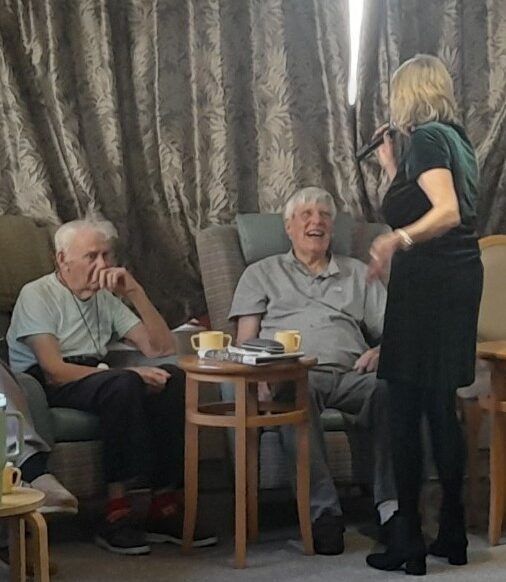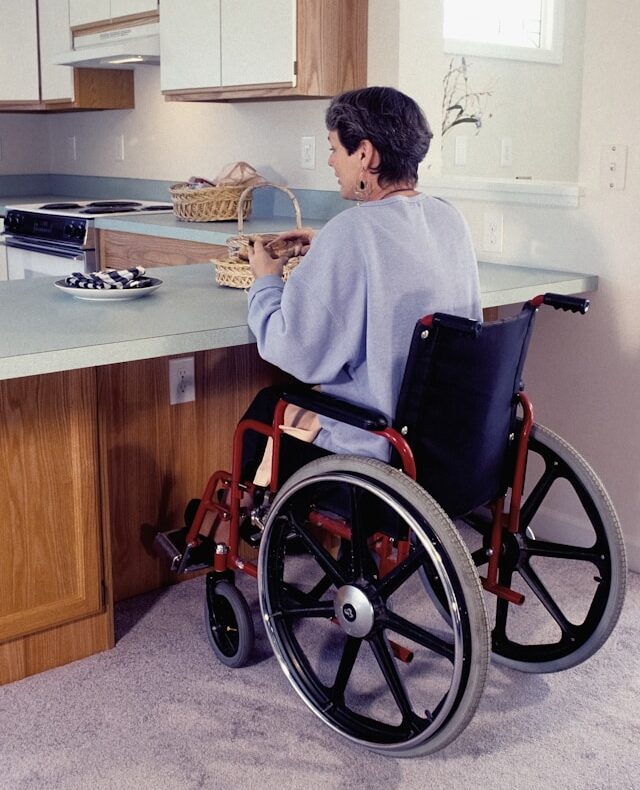Exploring the Various Types of Care: Finding the Right Support for You

The Different Types of Care Offered in Care Homes
Across the UK, care homes provide a vital lifeline for individuals and families seeking support, comfort, and reassurance for themselves or their loved ones. With a wide range of services available, it is important to understand what each type of care involves. Some care homes specialise in a particular area, such as dementia or nursing care, while others offer a variety of options tailored to residents’ changing needs. Making an informed choice about care can bring peace of mind and help maintain dignity and security at every stage of life.
Residential Care: Support with Daily Living
Residential care is the most widely offered service in care homes throughout the UK. It is designed for older people who are finding it increasingly difficult to manage everyday tasks by themselves but do not have significant medical needs requiring regular nursing interventions.
In a residential care home such as Ashridge Court, residents receive assistance with personal care, such as washing, dressing, and taking medication. These environments also offer warm companionship, opportunities for social engagement and activities, with the reassurance of having staff on hand 24 hours a day. For many, residential care provides a safe, welcoming setting where individuals maintain as much independence as possible, supported with light daily tasks and a vibrant community atmosphere.
A key theme is promoting wellbeing while gently supporting those who may need help, whether it's assistance with mobility, administration of routine medicines, or simply having company at mealtimes. Residential care often becomes a long-term choice, focusing on maintaining comfort and quality of life without a clinical hospital feel.

Nursing Care: Specialised Medical Support
Nursing care builds upon everything residential care provides but is specifically for those with more complex health requirements. Residents who need regular medical attention, recovering from surgery, or living with long-term conditions benefit most from a nursing care home.
Unlike residential care homes, nursing homes always have qualified nursing staff on site, available day and night. The team’s expertise means they can manage conditions like diabetes, heart problems, or provide wound care, IV therapies, and more advanced medical support. Residents also receive assistance with daily activities, as well as rehabilitation and medication management.
Nursing care offers peace of mind to families, knowing that skilled professionals will respond to changing health needs swiftly and compassionately. The main distinction is this higher level of clinical care, making it the best choice for those with both personal and significant medical needs.
Dementia Care: Specialist Support for Memory Loss
Dementia care is a specialised form of support, often provided in dedicated care homes or as a distinct service within larger homes. Individuals living with dementia require understanding, patience, and highly trained staff who know how to meet their unique needs.
Environments are thoughtfully designed for safety and familiarity, often featuring structured routines, memory aids, and calm spaces. Staff at Ashridge Court use approaches such as reminiscence therapy, person-centred care plans, and tailored activities that stimulate memory and promote emotional wellbeing to enhance the lives of residents.
Beyond physical support, our compassionate team provides families with guidance, information on behaviour changes, nutritional needs, and communication strategies. Our home is dedicated to maintaining a sense of self and dignity, recognising the emotional impact that dementia can have on residents and those close to them.

Respite Care: Temporary Relief and Rehabilitation
Respite care offers short-term support, either for residents needing a break from independent living, or carers who require time to rest and recharge. Individuals may stay in a care home for a few days or weeks, perhaps during recovery from illness or surgery, or when their regular carer is on holiday.
This service provides a secure environment, day-to-day support, and medical care as needed. Respite care is valuable for relieving pressure on family carers, helping to prevent burnout while ensuring their loved ones continue to receive compassionate attention.
For those considering a move to long-term care, respite stays also offer an opportunity to experience life in a care home without making a permanent commitment.

End of Life Care: Compassion and Comfort
End of life care in care homes focuses on comfort, dignity, and symptom relief for those nearing the final stage of life, often due to terminal illness or frail health. The primary goal is to help residents spend this time as peacefully as possible, surrounded by care, kindness, and support.
Multidisciplinary teams—including nurses, doctors, care staff, and sometimes spiritual advisors—work closely together to manage symptoms, provide pain relief, and support family and friends.
Care is tailored to each individual’s wishes and values, with a strong emphasis on emotional and psychological wellbeing. Families are supported and involved in decisions, ensuring that no one faces end of life alone.

Palliative Care: Living Well with Serious Illness
Palliative care shares many values with end of life care but can begin earlier, sometimes at diagnosis of a life-limiting illness. The goal is to manage symptoms such as pain, breathlessness, or nausea, while offering steady emotional and psychological support.
A palliative approach is not only about comfort in the final months of life. It helps people continue enjoying meaningful activities, keeping independence where possible, and making informed choices about their care and treatment. Multidisciplinary teams are central, drawing on nurses, doctors, therapists, and counsellors to provide a broad package of support across the board.
This type of care may be delivered alongside treatments intended to prolong life or manage disease, such as cancer therapies. Honest discussions between residents, families, and professional teams ensure preferences are respected and dignity is always prioritised.
Choosing the Right Type of Care
Every person’s needs are unique, and finding the best care for an individual or a family member can feel daunting. Some care homes focus on a single type of service, while others are equipped to provide several, adapting as residents’ circumstances change.
Considerations include the level of support required, whether medical needs are in the background or central to care, and the importance of specialist expertise for conditions such as dementia. Quality of life, opportunities for social engagement, and the possibility of remaining in one home as needs change are also crucial to consider.
For families, visiting prospective care homes, asking questions, and involving healthcare professionals in assessments can ensure that the chosen setting offers comfort, stimulation, and the appropriate standard of care.
A Final Word: Supporting Lives with Respect and Compassion
At Ashridge Court, our mission is simple: to support every resident’s life with respect, compassion, and genuine care. We believe that dignity should never be compromised, whether someone is with us for short-term respite, specialist dementia support, or long-term nursing care. Each individual is valued, each story is honoured, and every day is an opportunity to provide comfort, reassurance, and moments of joy.
By choosing Ashridge Court, families can feel confident that their loved ones are not only cared for but truly cherished, in a warm and welcoming home where professional expertise meets heartfelt compassion.
If you would like to find out more about our care and community, we invite you to visit Ashridge Court and see first-hand how we can support you and your loved ones with respect and compassion.






